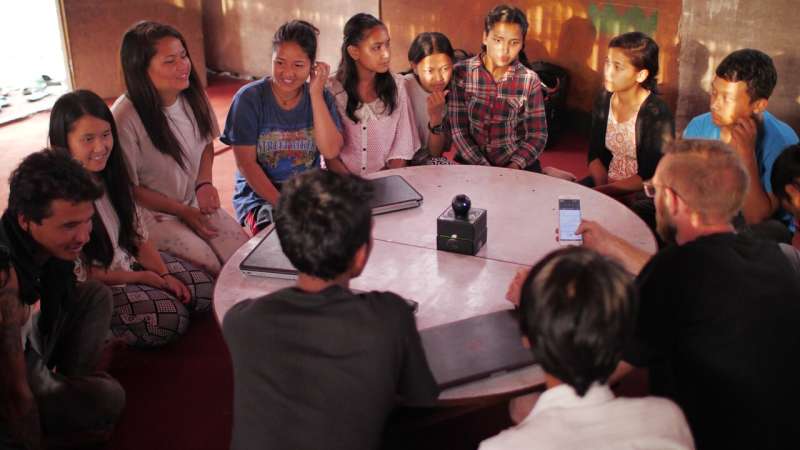Credit: tribesh kayastha on Unsplash.
SCI Researcher Nafhesa Ali is the co-author of a newly published journal article about the benefits and risks associated with working with community interviewers in social and cultural research.
Together with Peter Hopkins, Raksha Pande, Claire Chambers and Richard Phillips Nafhesa Ali published the article about the benefits and risks associated with working with community interviewers in social and cultural research in the journal Area.
Working with community or peer interviewers can provide valuable access to the lived experiences of individuals and communities who researchers are unlikely to reach. However, the ethical and methodological issues involved in working with community interviewers has received relatively little attention in social and cultural geographical research.
In the paper, the researchers reflect on their work with community interviewers in qualitative research about the sexual relationship practices of young British Pakistani Muslims. They outline the training offered to them and consider several ethical and methodological issues, including issues of power and positionality, the politics or remuneration, providing feedback to community interviewers, issues of mental health and well-being, and addressing expectations and community relationships. They also explore the benefits of working with community interviewers while also highlighting the ethical and political challenges associated with such work.
More information: Peter Hopkins et al, Working with community interviewers in social and cultural research, Area (2022). DOI: 10.1111/area.12789
Provided by University of Manchester
























